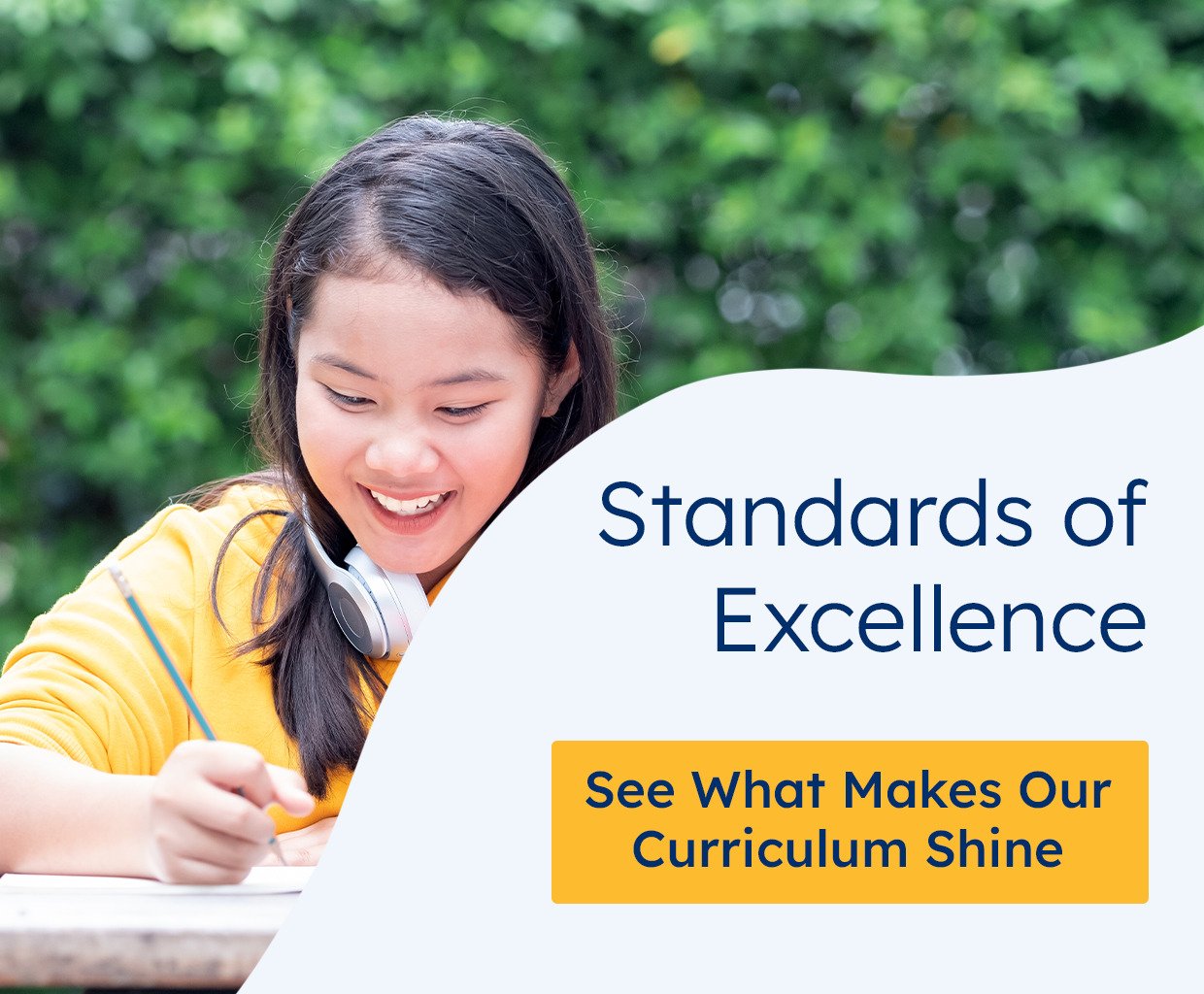Has the COVID-19 pandemic changed the course of learning forever? It’s a complicated question with many layers to examine, but it is probably fair to say that the answer is yes. Does that mean that all traditional schools will board their windows and lock their doors and move to an online-only platform? Of course not. But for students and families who had never experienced online learning prior to March 2020, school at home (as well as homeschooling) has opened quite a few eyes to the positives and the possibilities of technology-based schooling.
Trained for Online Teaching?
At the beginning of the pandemic, a survey was conducted by ClassTag, a free communications platform for schools designed to increase parent engagement. The survey revealed that 56.7% of early and elementary education teachers were “not prepared to facilitate online learning.” This was apparent, especially during the first few weeks of school closures last spring. As schools knew they’d be shut down in the coming days, many organized crash courses in online learning in hopes of a smoother transition once remote learning began. The problem was, some of this training was limited to anywhere from a few days to a couple of weeks–not nearly enough time for teachers to familiarize themselves with all the nuances of online teaching and learning.
And it showed, as the remainder of the 2020 school year was nothing short of disastrous in many cases for traditional schools. Summer could not have come faster for school administrators, who took advantage of the break to put together more comprehensive online learning plans and provide teachers with the training they needed in the first place to become more effective online instructors. Even with all of the extra preparation and training, however, some teachers simply didn’t adapt well to the online aspect of school, and their students suffered because of it.
It’s situations such as these that are creating more and more demand for teachers who are certified online educators. And that’s a process that requires far more than a couple of hours. For example, the International Society for Technology in Education, based in Arlington, Virginia, requires that teachers receive 30 hours of intensive face-to-face and online training, plus six months to create a portfolio, to receive certification.
The future of online education may hinge on whether more teachers are interested enough in its possibilities to learn more about it and become certified to teach online. And that decision is pivotal for traditional schools across the world. Why?
The Trickle-Down Effect
Let’s take a step back for a moment. Prior to March 2020, most students in traditional brick-and-mortar schools had little to no experience with online learning. There were some exceptions, as some schools were already more technologically advanced than others–though those schools were in the minority. So, COVID-19 hit and all schools are forced to close and move to a hastily arranged form of online learning. This doesn’t really benefit anyone, but the schools regroup over the summer to create a much more substantial and effective plan. Some students still struggle with the lack of in-person interaction and instruction; however, many students thrive in this new learning environment (for reasons we’ll get into shortly). Suddenly, students and families with no previous online education experience find it to be a preferable method for their child and decide to make a long-term commitment to online learning–whether that’s through an online school or homeschooling.
Now, homeschooling/school-at-home enrollment rates grow exponentially while public school enrollment falls. It’s at this crossroads that traditional schools have a critical decision to make–invest in more technology and training so that online offerings are an option for students, or stay with the traditional in-person model and run the risk of losing more students and faculty.
Is this a hyperbolic or alarmist scenario? Maybe to a degree–after all, there will always be staunch supporters of in-person schooling, whether it’s for academic or social reasons. And none of this is to suggest that traditional schools will be replaced by online learning at any point–but if a significant enough population of students decides to forego traditional schooling for online school, well, money talks. So, rather than lose those students, perhaps schools go on the offensive, hire and/or train online teachers, and offer some type of online education to students who prefer that route. The fact of the matter is, a significant population of students has decided to make a permanent (semi-permanent) move away from traditional schooling–and that could serve as a wakeup call to administrators who were historically reluctant to embrace education technology.
Online Learning Has a Lot Going for It
It’s difficult for anyone to argue the benefits associated with online learning. The flexibility to work around family schedules is very appealing–many families out there have parents who work odd (or many) hours, others have high school-aged students who need to work to help supplement the family income. Fitting all of that around a traditional school day is a challenge and only adds stress to the situation. Online schooling allows kids to learn at a time that works best for their situation.
Let’s not forget about the students who have a hard time fitting in socially, are subjected to bullying, or suffer from learning disabilities. Their weekdays during the school year are consumed by endless feelings of fear, anxiety, and frustration. The word “school” causes a visceral reaction from these children, who dread every school day and the events that will inevitably transpire. These kids are in school for their education, just like the others, but the constant stress and terror make learning impossible.
Then there’s the education itself. Kids who were already frustrated and struggling with school pre-pandemic may have tried something different once schools closed. Lo and behold, they began to experience academic success. The traditional school system works for many, many students, but it’s not for everyone. The one-size-fits-all approach to education inevitably leaves some children behind. Simply put, not all children learn at the same pace nor do they retain and understand information in the same way. Being able to customize and personalize their child’s own learning experience in a way that (s)he understands and actually enjoys is a game-changer for families.
Is Online Learning Just a Fad?
No chance. Online learning simply offers too many conveniences and positives for it to fade into the ether like clear cola, acid-wash jeans, or boy bands. Will it become the primary method of learning around the world? That’s an entirely different question–and the answer to that is most likely no. As stated earlier, there will always be an appetite for in-person education, and that’s a completely valid and understandable point of view. But as newer generations become parents and their children enter school-age years, technology will continue to evolve, which means that more and more online learning options will present themselves–and they’ll likely be even more effective than the ones available today.
That said, online learning has proven to be very effective for millions of students. Whether it’s synchronous through live streaming classes or asynchronous through recorded lessons and activities or projects that are accessible at any time, children can receive an education of the highest quality–a privilege no longer reserved solely for those who sit in a classroom listening to a teacher. If you think about it, online colleges and universities have been in existence for nearly as long as the internet, and employers won’t hesitate to hire a candidate with a degree from an online institution..
Online education is here to stay. Whether it becomes the primary method of education is to be determined. But it doesn’t need to be the mainstream form of schooling for it to be successful and effective. If you’re considering the switch to online or homeschooling, Bridgeway Academy has plenty of options. If you prefer a synchronous learning experience for your child, our Live Online Classes are extremely popular, with weekly classes taught by licensed instructors. For those students who prefer to work on their own and at their own pace, our Total Care Self-Paced courses are the perfect solution. We even offer textbook-based learning (or a blended textbook/online option) for those who prefer this method. Whichever format you choose, Bridgeway is here to help make your transition to online learning or homeschooling as effortless as possible. Call us at 1-800-863-1474 to discuss your options and what works best for you!!







